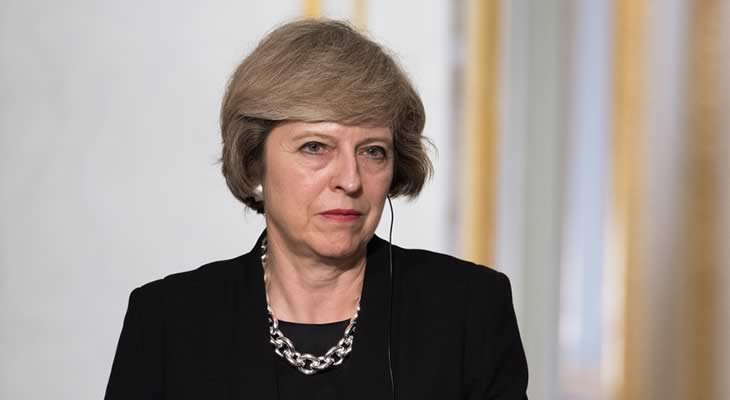GBP Exchange Rates Soar as MPs Rule out No-Deal Brexit
A fire was lit under the Pound (GBP) on Wednesday, with Sterling rocketing to new multi-month highs as Parliament voted to reject a no-deal Brexit.
At the time of writing the GBP/EUR exchange rate is trading just shy of a 21-month high at around €1.1724, while the GBP/USD exchange rate is holding close to a 9-month high at $1.3277.
Brexit Votes Drive Notable Volatility in Pound (GBP) Exchange Rates
GBP investors have been kept on their toes this week, with the Pound being met by some significant volatility throughout the session as a result of a series of key votes on Brexit.
Initially lifting GBP exchange rates at the start of the week was the news that the EU had awarded the UK last minute concessions on the Irish backstop, propelling Sterling up by over 1% on hopes it would give Theresa May’s deal a fighting chance.
However the bottom quickly fell out from the Pound as the Attorney General’s legal advice on the changes proved to be a death knell for the deal resulting in heavy losses in Sterling as the deal was roundly rejected by Parliament.
Sterling didn’t stay grounded for long, rocketing back higher on Wednesday and striking its current highs as MPs voted to rule out a no-deal Brexit.
This week’s final vote on whether or not to delay Brexit is scheduled to take place later this evening, and is likely to see the Pound maintain its upward momentum so long as MPs vote to extend Article 50 as is generally forecast.
GBP Forecast: Will a Brexit Delay Propel Sterling to a Three-Year High?
While a vote to delay Brexit is likely to drive some immediate gains in the Pound (GBP), it is the more long-term impact on Sterling that economists are now focusing.
Some analysts are forecasting that a vote to delay Brexit could push Sterling towards a three-year high in the months to come should an extension to Article 50 pave the way for ‘softer outcomes’ to Brexit.
George Cole, a strategist at Goldman Sachs explains.
‘We remain of the view that the Pound is due for a ‘deal dividend’ once the U.K. moves into the lengthy transition period on its way out of the EU.
‘Our models suggest Euro Pound still embeds a Brexit-related premium of around 5 percent.’
Conversely should MPs rule out a delay to Brexit later today we are likely to see the resulting uncertainty lead to greater volatility in the Pound in the coming weeks as MPs try to hammer out what this means for Brexit.


Comments are closed.